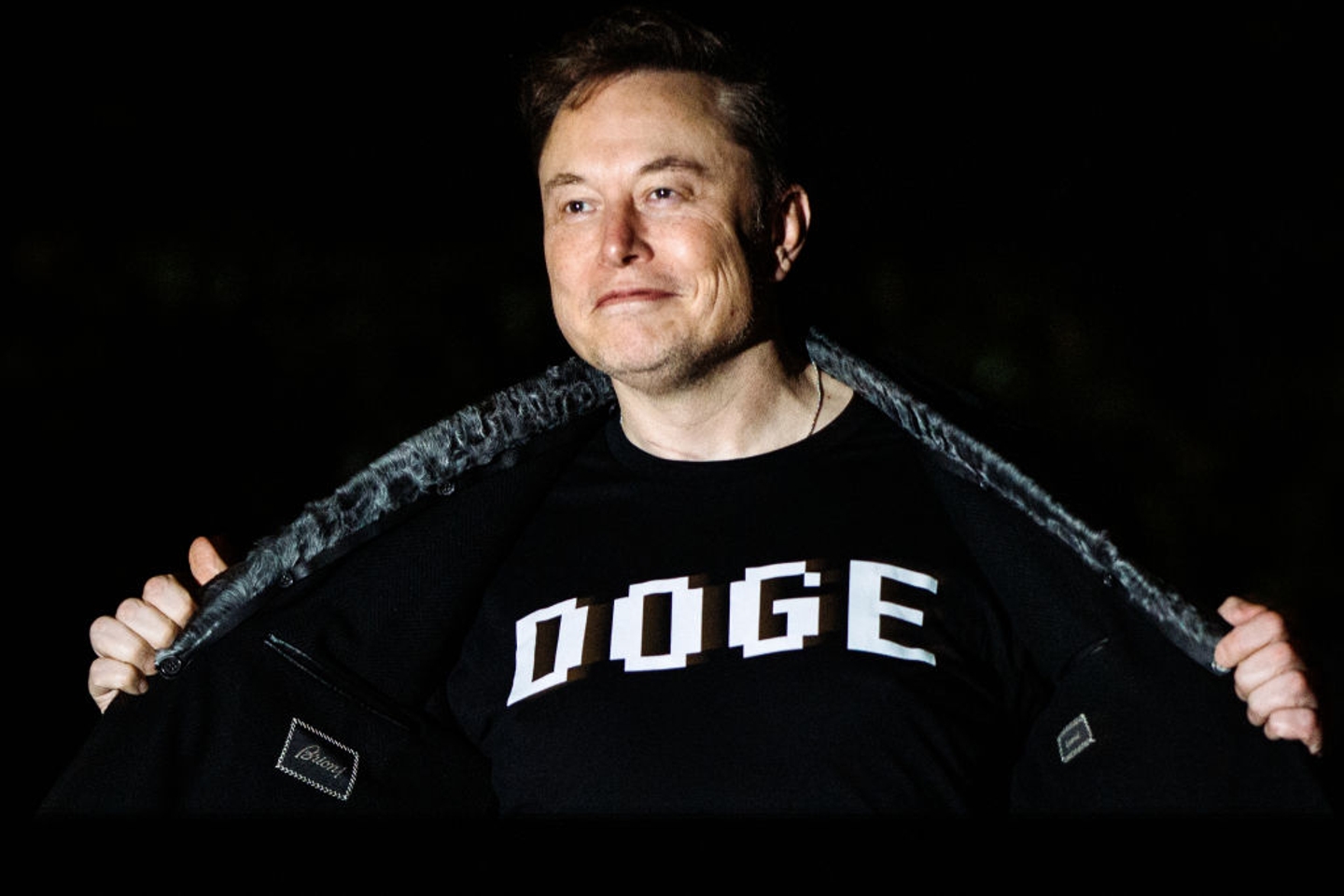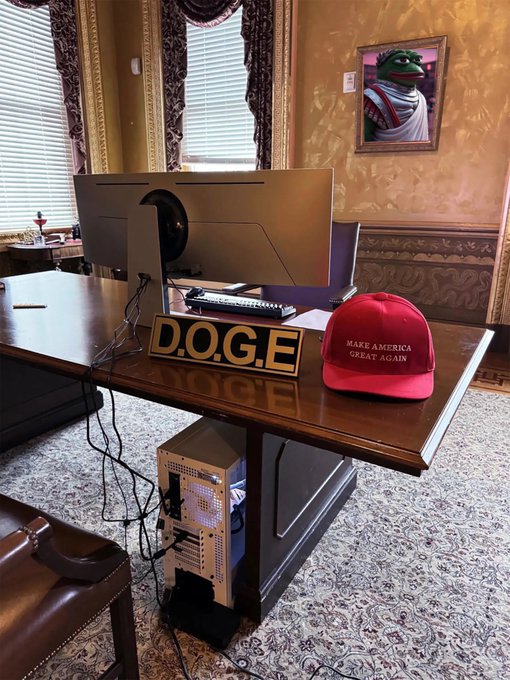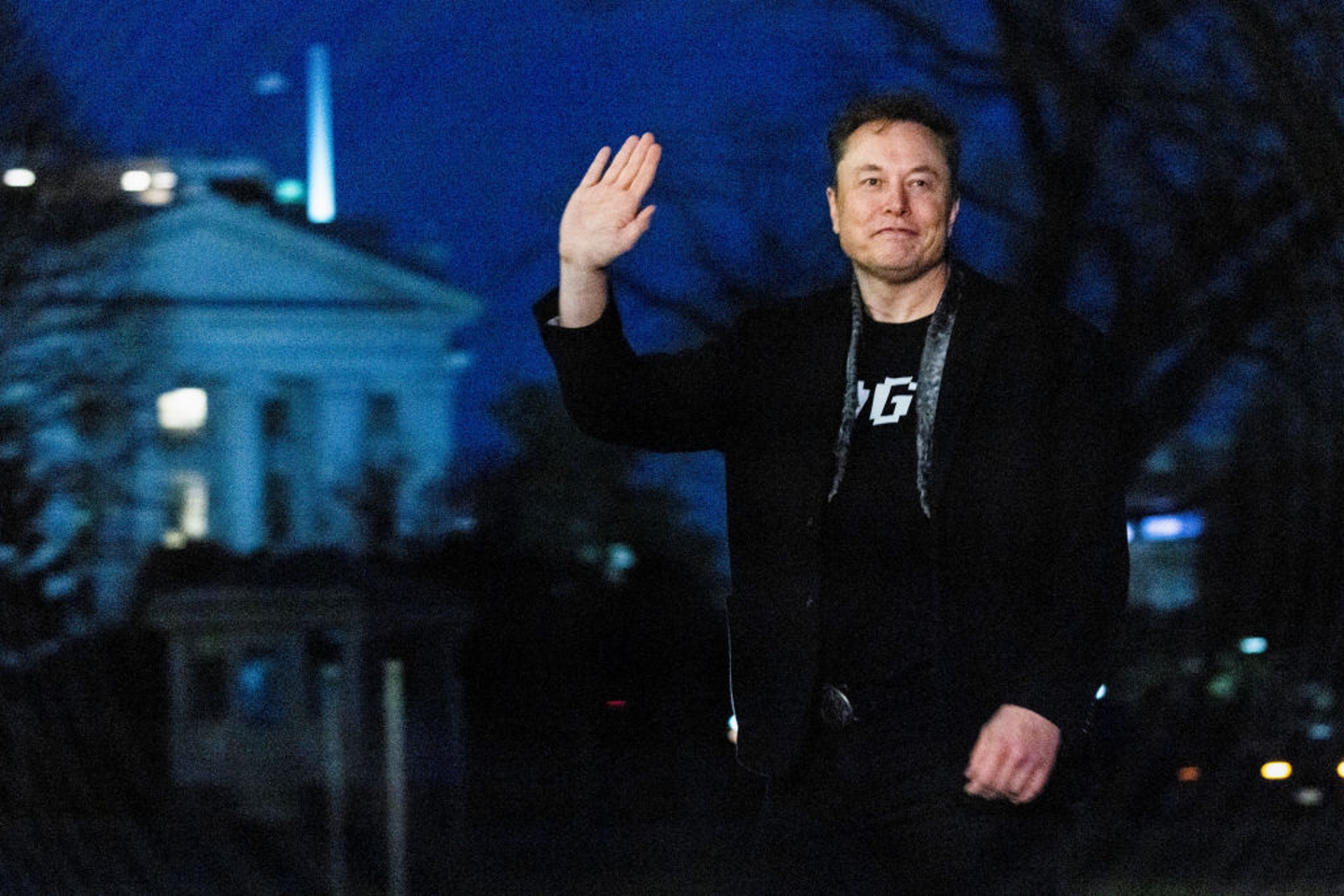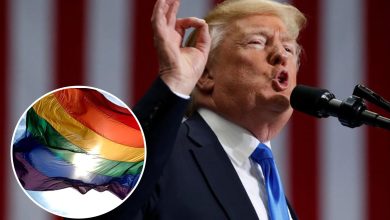Judge Rules Elon Musk Likely Violated US Constitution in Effort to Dismantle USAID
Judge Rules Elon Musk Likely Violated US Constitution in Effort to Dismantle USAID
In a recent and highly controversial ruling, a federal judge has concluded that Elon Musk’s actions in attempting to dismantle the United States Agency for International Development (USAID) likely violate the U.S. Constitution. The ruling, which has garnered widespread attention, is part of an ongoing legal battle that raises questions about the limits of executive power, government authority, and the influence of private individuals in shaping U.S. policy.

The Background of the Case
The case stems from Musk’s efforts to reduce or eliminate funding and support for USAID, a government agency responsible for overseeing U.S. foreign aid programs. USAID’s mission includes alleviating global poverty, providing disaster relief, and promoting democratic governance, among other critical services. Under the direction of President Biden, USAID had grown in influence, especially with respect to humanitarian missions and efforts to counteract global crises such as climate change, disease outbreaks, and conflicts in developing nations.
— Elon Musk (@elonmusk) March 20, 2025
Musk, who is the CEO of Tesla, SpaceX, and Twitter, is known for his controversial and often outspoken views. He has been a prominent critic of government spending and has called for the reduction of certain federal programs, particularly those he perceives as inefficient. However, his attempt to directly influence or dismantle USAID marked a significant escalation in his involvement with U.S. governmental affairs.
The Legal Battle: Constitutional Concerns
The case against Musk began when legal challenges were filed in response to his public statements and actions aimed at curtailing USAID’s influence. His efforts included lobbying to reduce its budget, influencing congressional decision-makers, and even proposing alternatives to the agency’s role in international aid efforts. Critics argue that Musk’s attempts were not only outside his professional purview but also in direct violation of the constitutional separation of powers.

The U.S. Constitution provides a clear framework for the division of responsibilities between the executive, legislative, and judicial branches of government. According to the ruling, Musk’s influence over governmental policy decisions related to foreign aid exceeded the boundaries typically allowed for private individuals or corporate leaders. The judge specifically pointed to Musk’s involvement in lobbying for policy changes that directly contradicted the intentions of elected officials and government agencies, effectively undermining the constitutional principles that protect the independence of the executive branch.
The ruling noted that private individuals, no matter how influential, should not hold undue sway over the operations of government agencies unless they are acting within the legal framework established for such purposes. In this case, Musk’s attempts to dismantle or weaken USAID raised alarms that such actions could set a dangerous precedent for the role of private power in government policy, especially when it comes to crucial issues like foreign aid and national security.
Musk’s Reaction and Legal Defense
Elon Musk, in his characteristic style, did not take the ruling quietly. Through a spokesperson, Musk stated that he was “deeply disappointed” by the court’s decision, asserting that his actions were motivated by a desire to streamline government operations and reduce what he sees as inefficiencies within the federal bureaucracy. Musk claimed that his intention was never to undermine constitutional principles but rather to make government agencies, like USAID, more accountable to taxpayers.

His legal team is expected to appeal the ruling, arguing that Musk’s actions were within the bounds of his rights as an American citizen and that he was merely exercising his freedom of speech and influence. The defense will likely focus on the argument that Musk’s position as a private individual, not a government official, allows him to take a strong stance on public policy matters.
The Broader Implications of the Case
This case has significant implications beyond the immediate legal battle. At the heart of the issue is the growing influence of private individuals and corporations in shaping national policy, especially in the areas of foreign relations and international aid. Musk’s actions have prompted a broader debate about the role of billionaires in public affairs, raising concerns about the potential for private interests to disproportionately influence governmental decision-making.

The case also highlights the increasing tensions between the public and private sectors in the U.S. As the government faces new challenges in the 21st century, such as global health crises and climate change, the question of how much control private entities should have over public resources is becoming ever more pressing. While many support Musk’s innovative ideas in the business world, others question whether his reach should extend so far into the functions of government.
Looking Ahead: Constitutional Precedents and the Future of USAID
The ruling has sent ripples through both political and business circles, with many now watching how the case will unfold in higher courts. If upheld, the decision could set a new legal precedent regarding the limitations on private individuals influencing government policy. Moreover, it could lead to stronger protections for agencies like USAID, ensuring that their operations remain insulated from external pressures that may compromise their mission to provide aid to vulnerable populations worldwide.
As the legal battle continues, it will be interesting to see whether Musk’s efforts to curb the influence of U.S. government agencies will continue, or if this ruling will serve as a deterrent for future attempts to reshape U.S. foreign policy through private influence. For now, the case underscores the importance of maintaining a balance of power between the private sector and government institutions, especially when it comes to matters of national and global importance.





